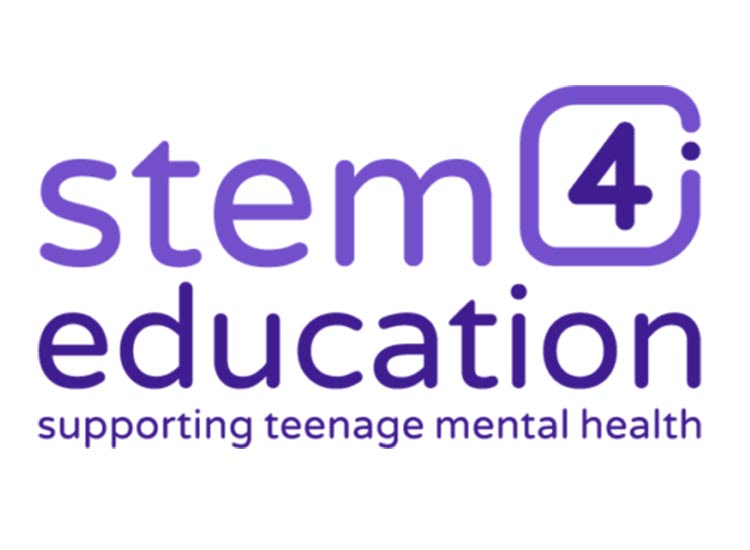Young People Using Self-help Apps to Manage Their Urge to Self-harm See Difficulties as Restricted Access to Phones at School and Home Increases

To help combat this worrying trend, stem4 announces Calm Cards
A physical version of its multi award-winning app Calm Harm, which has been downloaded over a million times in 171 countries, Calm Cards were developed to provide young people with a self-management tool.
Using ideas from evidence-based, Dialectical Behaviour Therapy (DBT), stem4, a charity promoting positive mental health in teenagers, today launches Calm Cards, a pack of self-regulation cards designed to help young people manage the urge to self-harm. The cards are based on stem4’s, NHS App Library approved and widely used, multi award-winning app Calm Harm and aims to pass on the teachings of the clinician-developed app into a physical medium. They enable young people to manage the urge to self-harm in places where phones are banned or unavailable, such as in the home (particularly at night), schools, hospitals and youth detention facilities.
With 93% Calm Harm app users reporting a reduction in their symptoms after completing an activity, Calm Harm is a readily usable tool which can be used, in a medium familiar to young people, to help manage their self-harm urges, increase motivation to seek help and learn to self-reflect. Reports by some of stem4’s app users suggest that their urge to self-harm is often highest at night and yet with families growing aware of the negative impact of mobile phone use on sleep and mental health, young people often do not have easy access to phone apps, leaving them without their regular support to manage self-harm urges. Calm Cards provide a solution to this problem, allowing young people – who may be particularly stressed around this time of year due to pre-public examinations and mocks – to manage their emotions whilst maintaining healthy sleep patterns away from the blue light and distraction a mobile phone provides at night. Where phones are unavailable in high-stress environments such as schools or hospitals, Calm Cards can too provide an answer.
Based on the notion that ‘the urge to self-harm is like a wave – it feels most powerful when you start wanting to do it – once you surf the wave, the urge will fade’, the Calm Cards help young people through the use of a range of timed, targeted activities to help alter thoughts, emotions and behaviours, enabling users to ‘ride the wave’ of emotion they experience.
“The increase in self-harm among young adults is particularly worrying, as are the most recent statistics on mental ill health in the number of 11 – 19 year olds with a shortage of services to support those young people who may present with mild-moderate symptoms,” comments Dr Nihara Krause, Clinical creator of Calm Harm and CEO of stem4, “Calm Harm is a digital tool that helps young people manage their urge to self-harm in the moment and many young people have told us that they would like to use the app tasks in settings which do not permit the use of technology such as schools and often at night when their urge is high and they don’t always have access to a phone or when the use of a phone might disrupt their sleep.”
The success of stem4’s Calm Harm app has seen over 1,000,000 downloads, and received several awards, most recently Third Sector Awards ‘Digital Innovation of the Year’ 2019 and DBA Design Effectiveness Awards Gold 2019.
Calm Cards reflect tasks from the Calm Harm app which uses ideas from DBT. Activities last five or fifteen minutes and the pack is accompanied by a sand-timer to help with timing. The pack can be personalised by including activities that the user wishes to try.
Please note that Calm Harm app and Calm cards are aids in symptom management but are not replacements for being assessed and treated by a mental health professional. If you are concerned about self-harm, please see your GP.











Responses